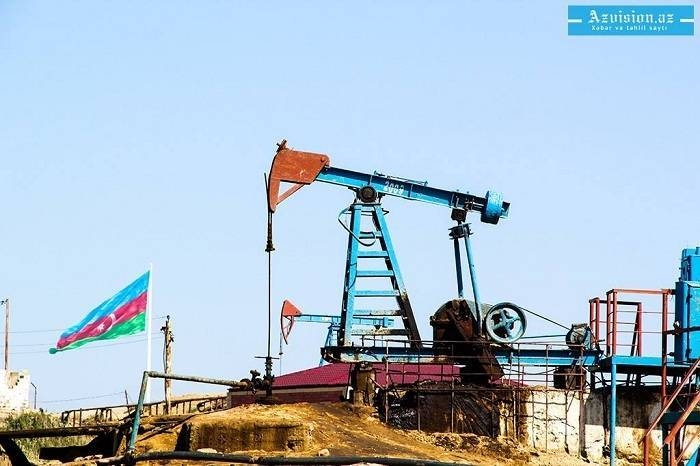On figures crunched by the bank's strategy team, if the current prices are sustained over the next 12 months it would represent a 0.3 per cent drag on incomes and more than absorb the Federal Government's proposed tax cuts.
Morgan Stanley's Daniel Blake said consumers were already facing a tough time with a negligible boost to household income from the federal budget until the 2020 financial year, and a $4 billion headwind from higher petrol costs was on its way this year.
Mr Blake said the proposed low-to-middle-income tax offset was modest in size — capped at $530 a year — and would not be handed out until the second half of the 2019 financial year.
The tax cuts are estimated to boost total disposable income by only $400 million next year, before rising to $4.1 billion from the 2020 financial year.
Greater austerity
Higher prices at the pump are just part of the increasing squeeze on consumers.
Mr Blake says current policy settings point to greater austerity.
"Wages growth remains weak at 1.3- to- 2.1 per cent [year on year], compared with our assessment of 'essentials' costs at 3.1 per cent, while additional headwinds from rising petrol prices emerge," Mr Blake said.
The impact of rising oil prices is likely to be accentuated by the Australian dollar continuing to fall against the US dollar, putting upward pressure on the cost of imports.
On Australian Institute of Petroleum figures, the average price of unleaded petrol has moved up from $1.33 cents per litre over the past 12 months to the current level of $1.46 cents per litre.
"If sustained, this would add around 0.3 percentage points to inflation, and equate to around a A$3.7 billion 'tax' on consumers in FY19," Mr Blake said.
Higher fuel costs spread through economy
Commsec's chief economist, Craig James, said since mid-March Australian families have had to find an extra $15 a month to fill their cars with fuel.
"Higher fuel prices represent an inflationary threat, lifting business costs and causing consumers to pay more for a raft of items," Mr James said.
"The $64 question is whether businesses can, or will, pass on higher costs to consumers."
Fuel costs and the pressure on households
Morgan Stanley's global asset management team found about one-third of the recent US tax cuts had been absorbed by higher fuel costs, but that was likely to be a far more modest impost compared to the hits heading the way of Australian consumers.
"We see a far larger drag in Australia, with no compensation in FY19, and FY20 income tax cuts more than absorbed by [greater than] $1.50 per litre petrol," Mr Blake said.
"With negative real incomes and tightening credit conditions, we see consumption disappointing through 2018."
The Morgan Stanley house view is the moribund consumer spending will see GDP growth crimped to just 2 per cent this year, well below the market's consensus figure of 2.7 per cent and the RBA's much more bullish 3 per cent.
Oil prices unlikely to fall in short-term
Oil prices rose again overnight, with the global benchmark Brent futures perched just below a three-and-half year high of $US78.53 a barrel.
Oil has risen by 66 per cent since January 2017 as oil producers, led by Saudi Arabia and Russia, have continued to maintain discipline in throttling back supplies.
Figures released by the OPEC oil cartel yesterday pointed to the long-running oil glut almost being drained.
The recent move by the Trump administration to reimpose trade sanctions on Iran only heightened fears of shortages in market.
The consensus view is there is little likelihood of prices rolling over quickly, given heightened geo-political tensions, ongoing supply issues and a pick-up in demand from large importers such as China and India.
"With prices moving close to $80 a barrel, this is now a good opportunity for Saudi Arabia and Russia to regain market share without crashing the oil price," Citi's global strategist Mark Schofield said.
ABC
More about: oil
















































